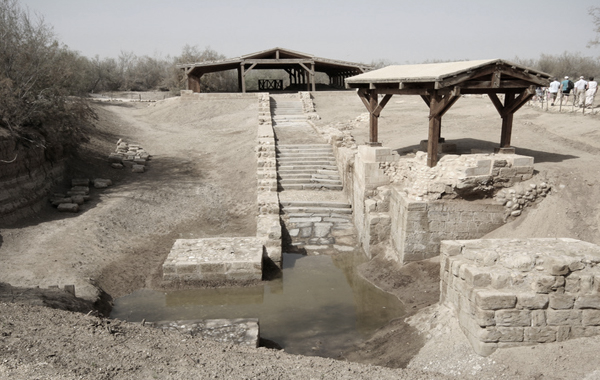In 1 Corinthians chapter 1, the apostle asks; ‘were you baptised into the name of Paul?’ The context of this question is certain factions that had arisen in the church in Corinth, where one group had aligned themselves with Paul, another Apollos, and another Peter. Yet this question on baptism helps us better understand the place of baptism in the Christian life.
Many Christians look to the book of Acts to build their definition of baptism, where all the baptisms follow a public profession of faith. Thus baptism is defined by many as ‘the outward sign that one has made a public profession of faith’. To these people, only those who have made a public profession of faith (which rules out infants) can be baptised.
Now Paul’s rhetorical device in 1 Cor 1:13 is designed to help show the Corinthian Christians that they DON’T follow Paul; they follow Christ. Yet his question also broadens our definition of baptism. Baptism is not simply an outward sign of a public profession; it is an outward sign of discipleship. The reason the Corinthians were NOT baptised into the name of Paul is because they are not disciples of Paul. This definition is in keeping with Matt 28:19-20, where the apostles (and we who come after them) are commanded to baptise the disciples they made. Add John 4:1-2 into the mix and our new definition of baptism is ‘an outward sign that one is a disciple (follower) of Jesus Christ’.
Now according to Matt 28:19-20, if a person is a disciple of Jesus, they are COMMANDED to get baptised. Furthermore, 1 Cor 7:14 tells us that children of disciples are also considered disciples (the literal word is ‘holy’); which is why we baptised infants of disciples at this church.
Brendan McLaughlin






